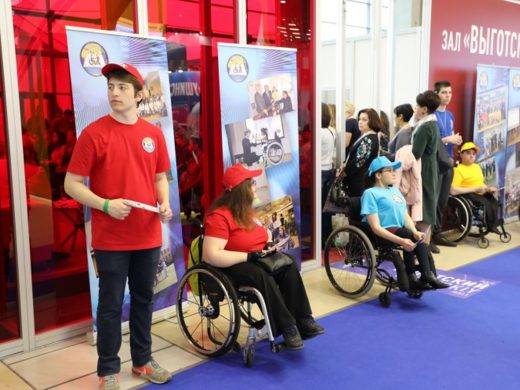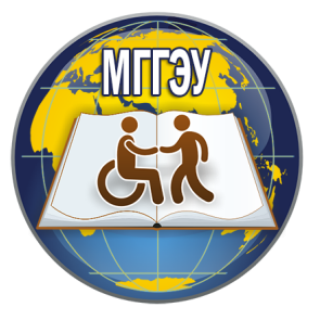
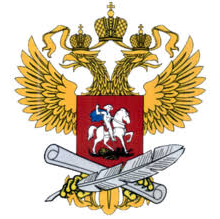
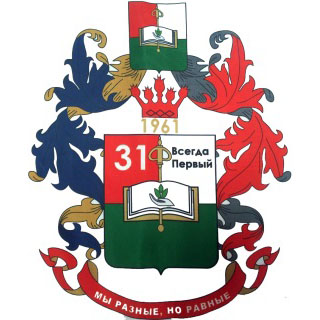
On April, 18, a festive opening of the Federal Resource Center for the comprehensive support system development for the MSD children took place at MIEF. The Center is based at Moscow special (correctional) boarding school №31 and will be sponsored by MGGEU. The opening event was held at the Pavilion №75, in “Vygotsky” hall.
The event was attended by experts who work with MSD children, their parents, teachers, educators, children’s services and rehabilitation centers.
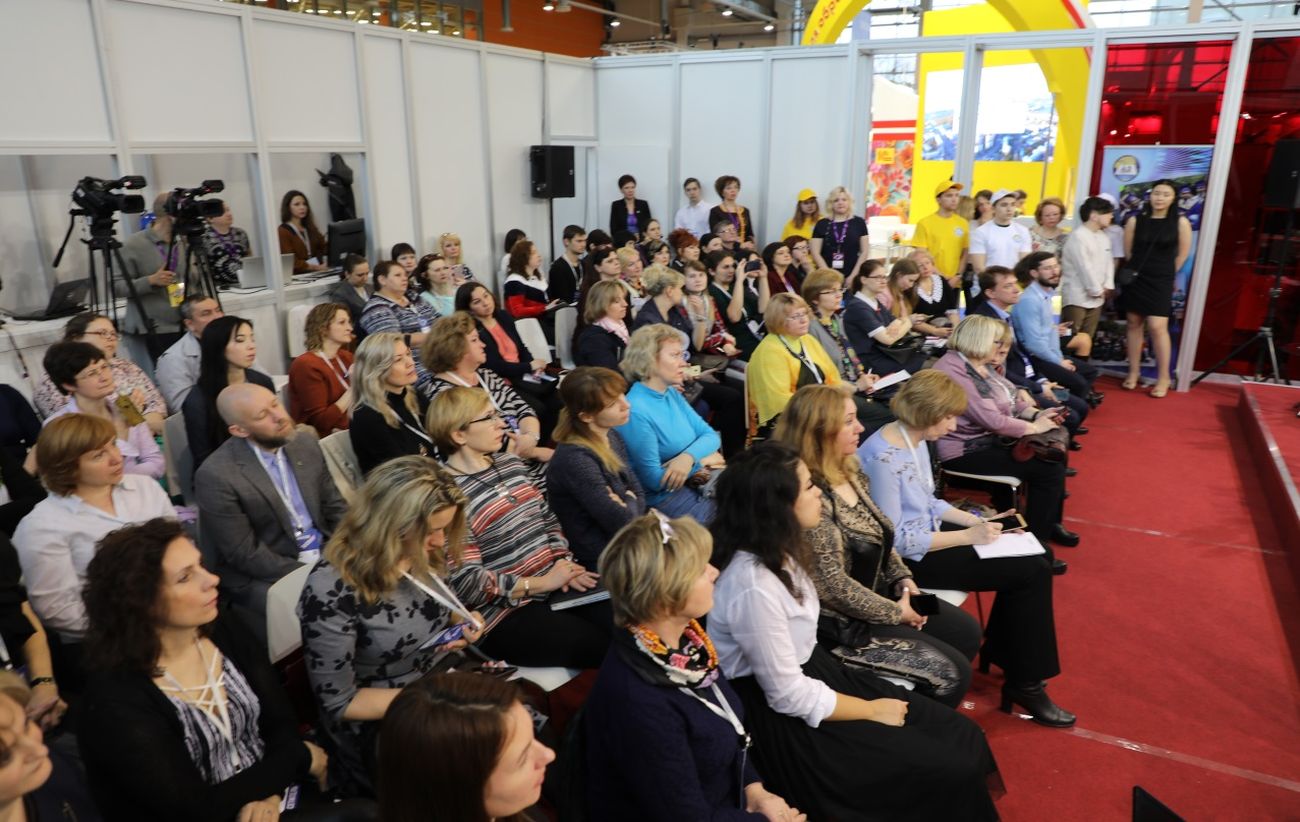
Yevgeny Silyanov, Director of the Department of State Policy in the sphere of children rights protection of the Ministry of Education and Science of the RF and Vagif Bayramov, the MGGEU Rector, Ph.D. in Sociology, Professor greeted the guests with the welcoming speeches.
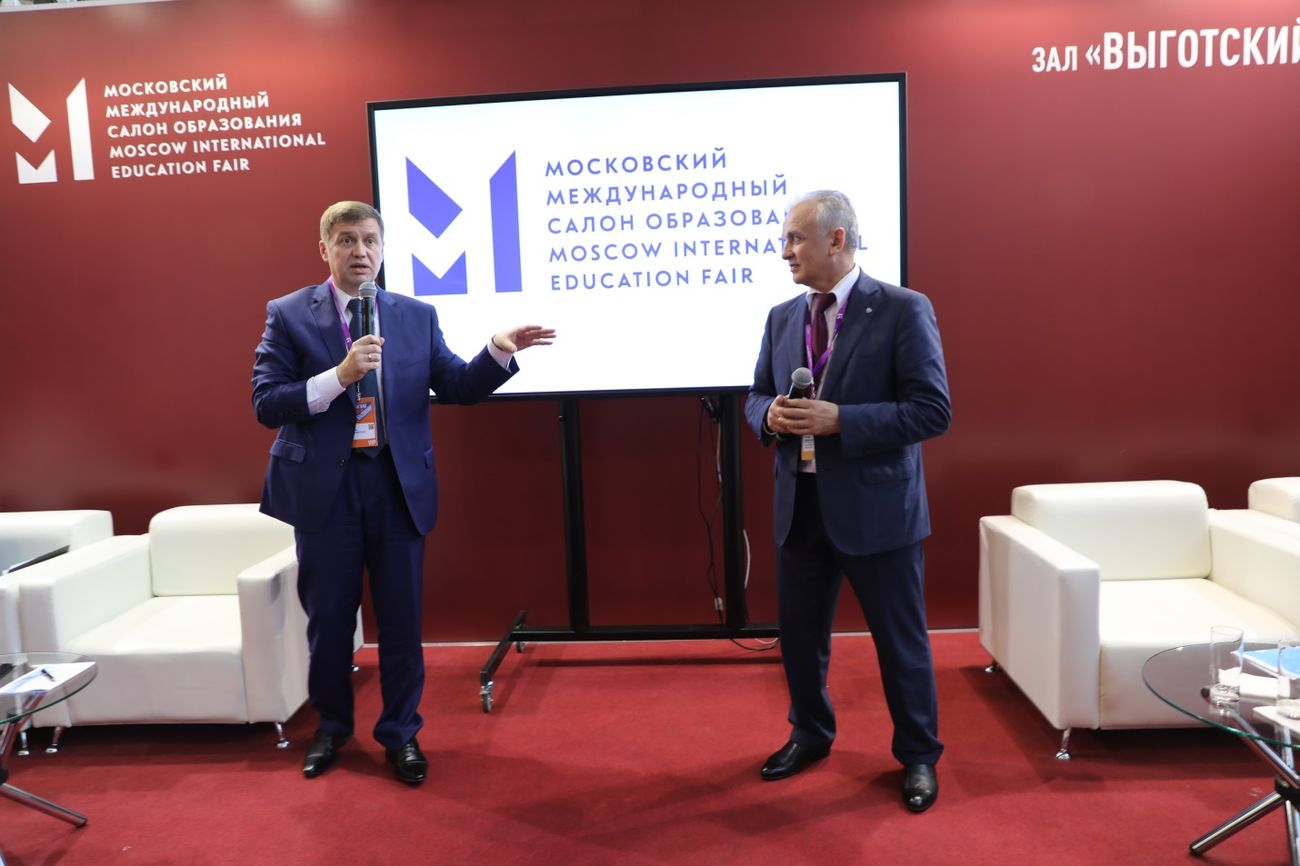
The speakers noted that the establishment of the Federal Resource Center for the comprehensive support system development for the children with MSD is an important event in the implementation of the State «Affordable Environment» program. Elena Pastukhova, the 1st year Master’s Degree Student opened the event with a musical performance.
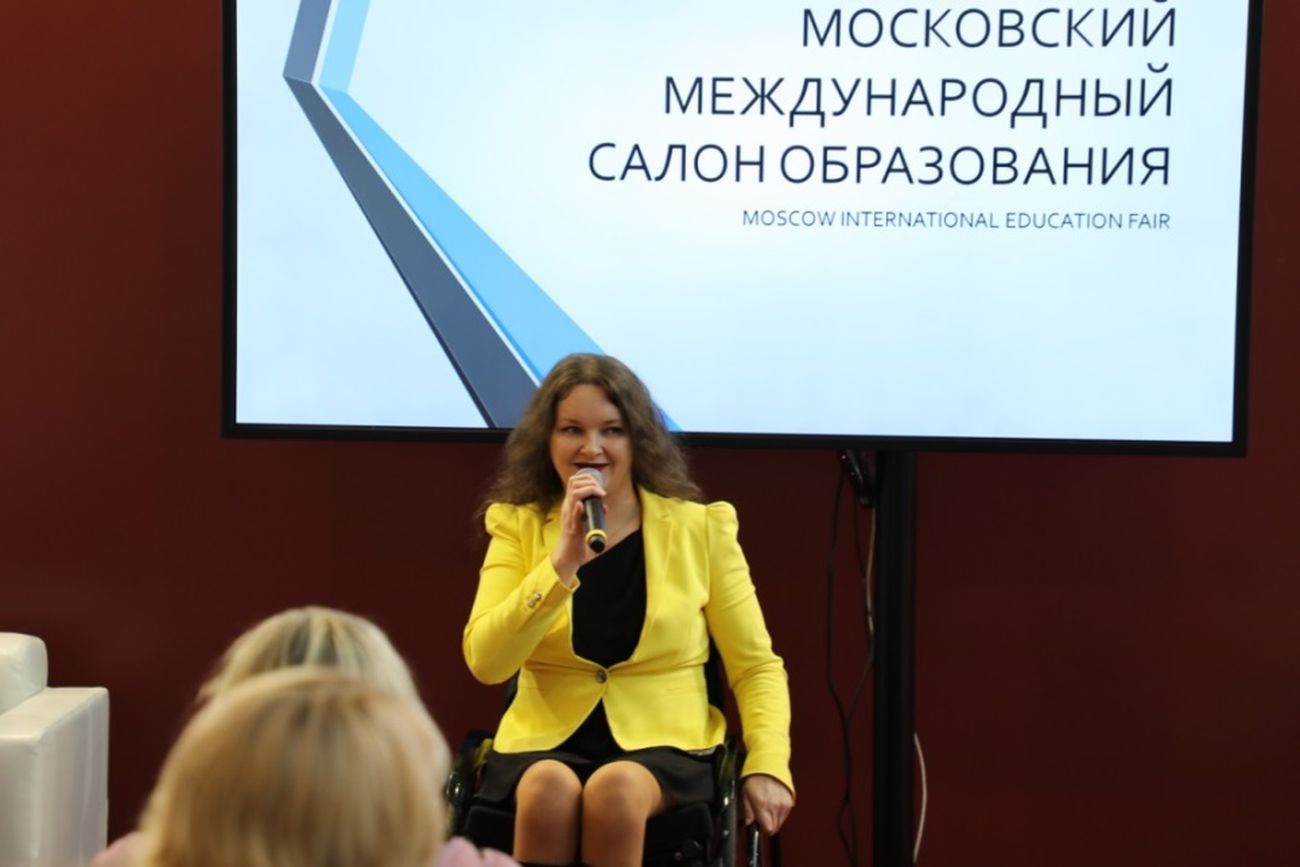
In the main part of the event comprised the addresses of V.D. Baymarov, the MGGEU Rector, E.U. Seredkina, the head teacher of the Moscow special (correctional) boarding school № 31, T.I. Bonkalo, Ph.D in psychology, Professor.
V.D. Bayramov in his «The purpose and objectives of the Federal Resource Center for the comprehensive support system development for the children with MSD» report highlighted the problems and difficulties of the implementation of the inclusive education idea in Russia. The Rector noted that the inclusive education is an important stage of the special education system development anywhere in the world. He also mentioned that it is a process in which all highly developed countries, including Russia, are involved. However, the implementation of the new legislative norms is not so well-executed and dynamic. V.D. Bayramov stressed that the difficulties of creating a truly inclusive environment in educational establishments had not been currently resolved.
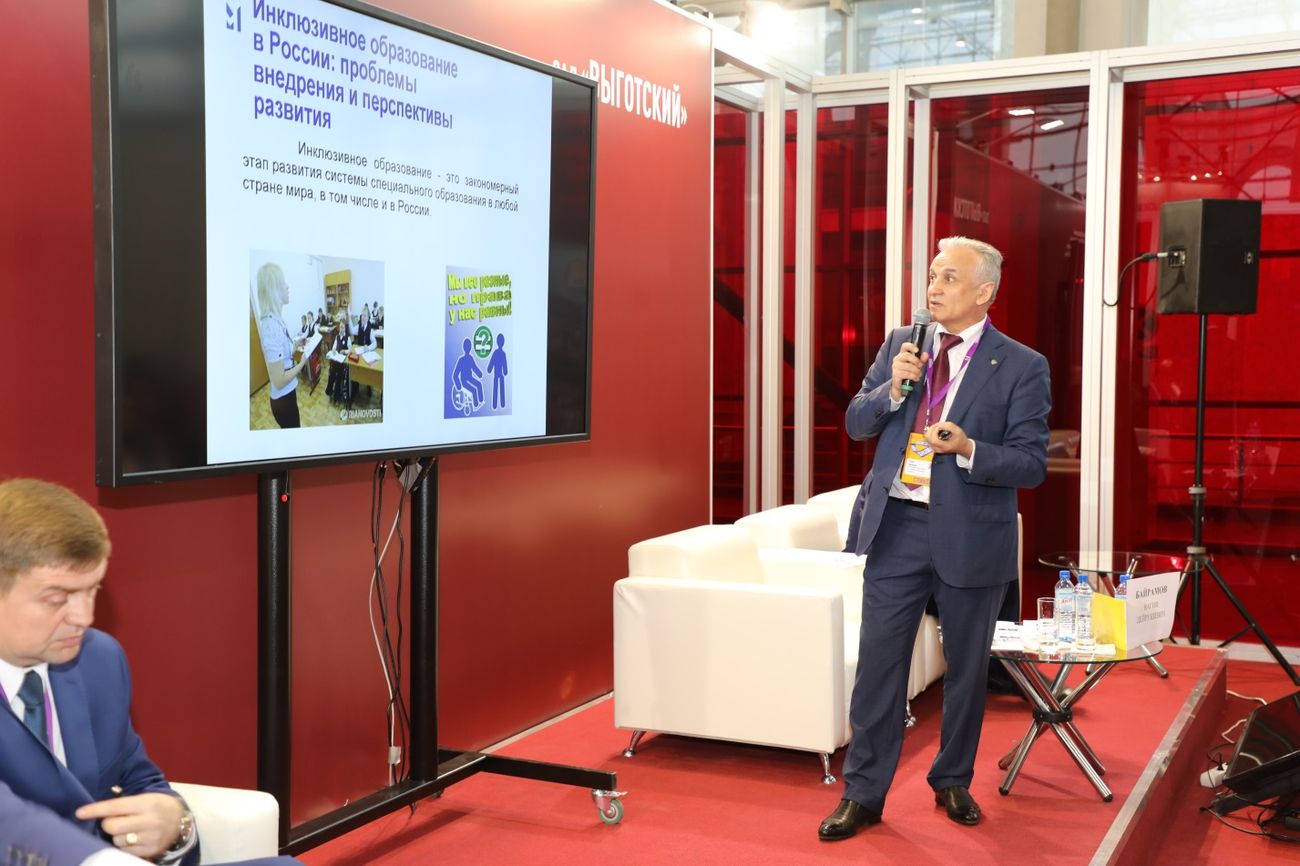
The Rector added that the inclusive education implementation involved the following issues: problems of the resource base and technical facilities for educating persons with disabilities, the shortage of experts who could facilitate comprehensive support of children with special needs: speech pathologist, speech therapists, psychologists, neurologists, orthopedic physicians, clinical psychologists and exercise physiologists. The speaker also touched upon professional and psychological unpreparedness to work with disabled children, insufficient level of knowledge in the field of special psychology and pedagogy, a low degree of mastering, the lack of free access to information on special methods of teaching disabled children.
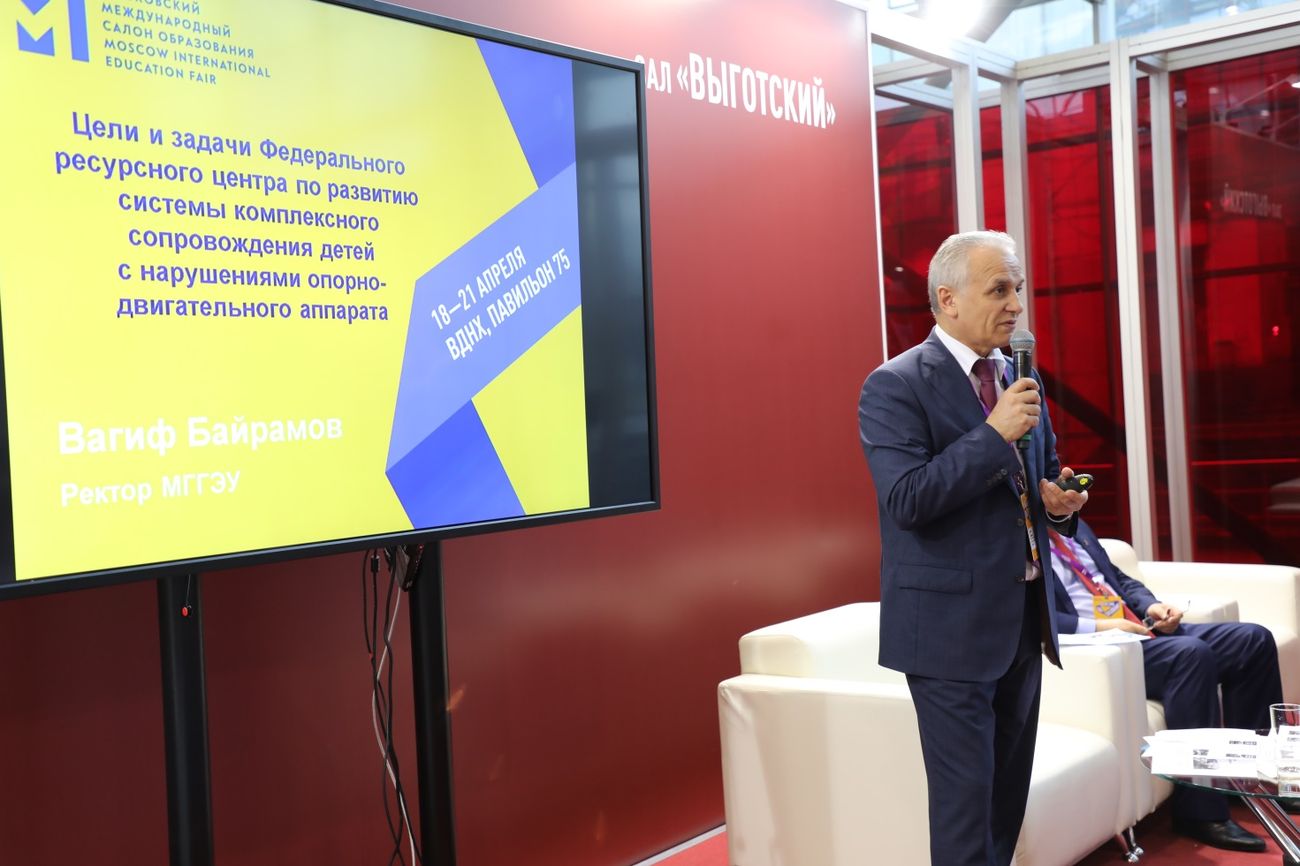
The main goal of the Federal Resource Center, said the Rector, – is to create and develop a comprehensive support system for children with musculoskeletal disorders in Russian Federation. The system which is based not only on newly created technologies which resulted from a scientific research, but also on already existing practices.
Vagif Bayramov spoke about the MGGEU facilities which allow it to become the platform for the best practices of comprehensive support for children with musculoskeletal disorders.
Elena Seredkina, director of the Moscow special (correctional) boarding school № 31, told about her experience of working with children with musculoskeletal disorders.
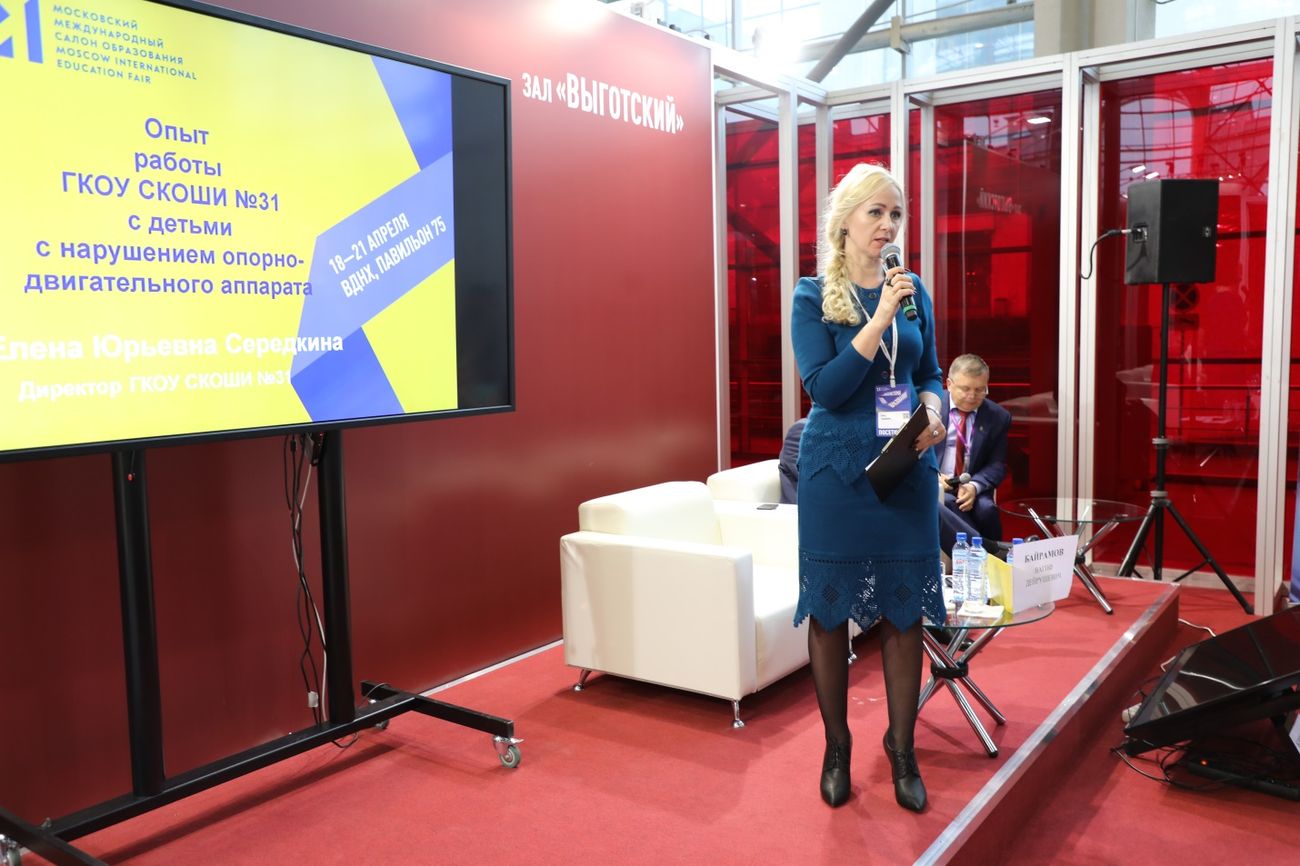
She noted that the boarding school was opened in 1961 as the first educational organization in the Russian Federation and the former USSR, aimed to provide special education for children with various disorders of the musculoskeletal system.
Elena Seredkina’s report was illustrated with a video showing lessons with such children presenting individual sessions of a speech therapist, a speech pathologist, a teacher-psychologist, individual and group classes in therapeutic physical culture.
The boarding school principal introduced a vast variety of students’ extra-curricular activities and the technologies which over the course of past years helped children with MSD to adapt and integrate into society.
The Head of Pedagogy and Psychology Department, Head of MGGEU Scientific Research Office, Psy.D. Tatiana Bonkalo informed the audience about the focal points and specific details concerning the activities of the soon-to-be-established Federal Resource Center.
Talking about a wide range of subjects including details on data analytics, methodology, research and diagnostic activities, material security and technical supply of the Center, talent management and theoretical training of technologically and psychologically competent specialists ready to work with MSD children, Tatiana Bonkalo focused on a psycho-correctional aspect of the project. Special attention was given to the importance of cognitive, affective, axiological and behavioural psycho-correction of children with MDS and providing a background for their self-fulfillment and personal growth.
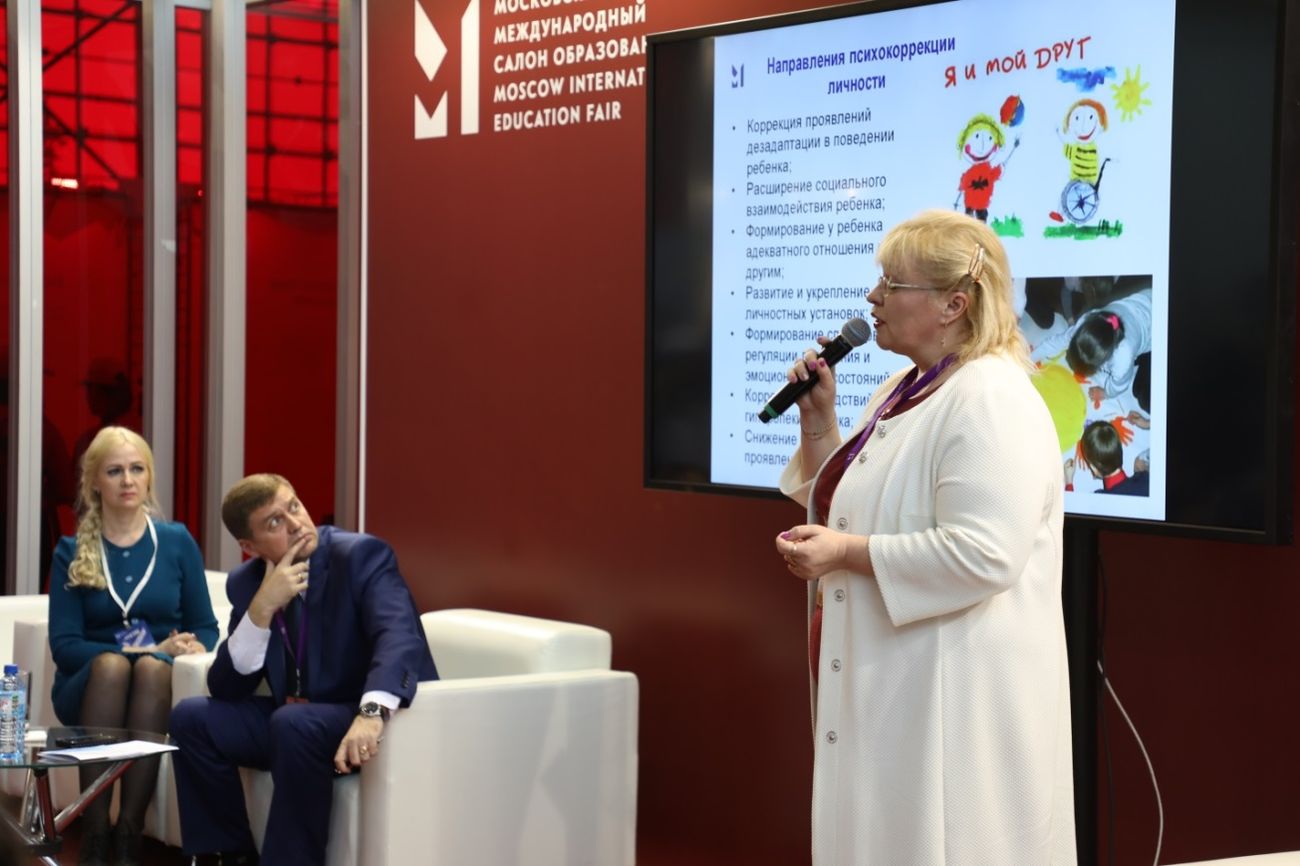
– The Federal Resource Center activities, as Tatiana Bonkalo mentioned, are based on one conceptual idea, stating that a truly inclusive model of education could be implemented in Russia only through psycho-correction of primary, secondary and sequential disorders, caused by the peculiar features of the psychophysical development of children with MSD.
– That is why national experience in the field of special education can’t be ignored. On the contrary, it should be implemented in the course of inclusive education development and its adaptation to the new social conditions.
In her speech, T. Bonkalo pointed out that the Center can house fundamental scientific research aimed at creating a system of complex aid for children with MSD and consolidation of world’s best practices.
The grand opening of the Federal Resource Center was followed by a musical performance by a 7th-grade student of Moscow Boarding school № 31 Alexander Grafinin who sang the song “When you hit the road with a friend of yours! ” accompanied by his mentor Mikhail Kudrikov.
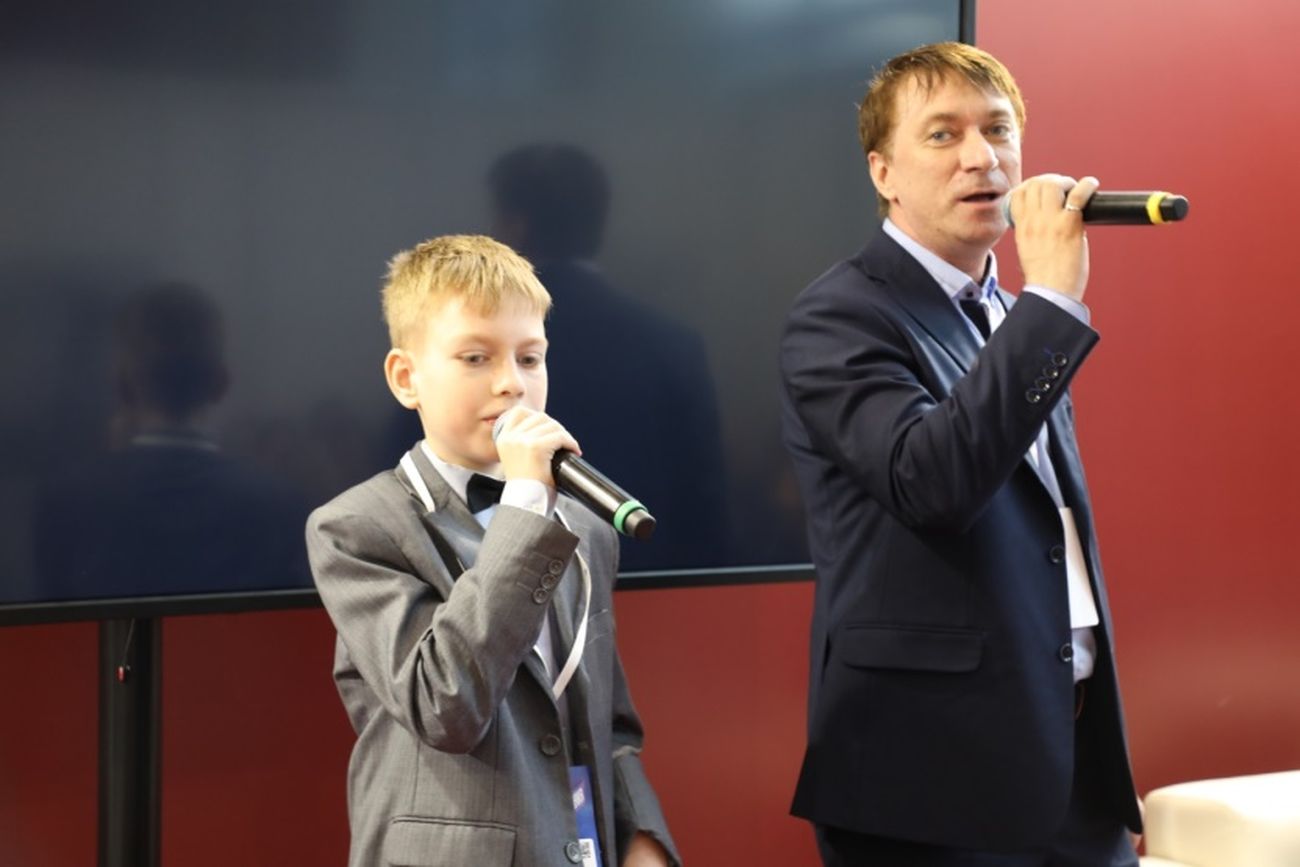
At the end of the event, E.A. Silyanov, the director of the Department for State Policy on Children’s Rights at the Ministry of Education and Science of the Russian Federation and Professor V.D. Bayramov, the MGGEU rector, answered the questions of the audience members.
It was noted that the major purpose of the Federal Resource Center will be joining efforts and incorporating resources of all departments, subordinate organizations, experts from charitable foundations, rehabilitation and resource centers, special and regular schools, families raising children with musculoskeletal disorders, doctors, psychologists, pathologists and speech therapists with the aim to develop an integrated and efficient system of comprehensive support for this category of children.
After the official opening of the Center, the Moscow International Educational Fair guests continued the dialogue in an informal atmosphere.
V.D. Bayramov, the MGGEU Rector, answered all the visitors’ questions.
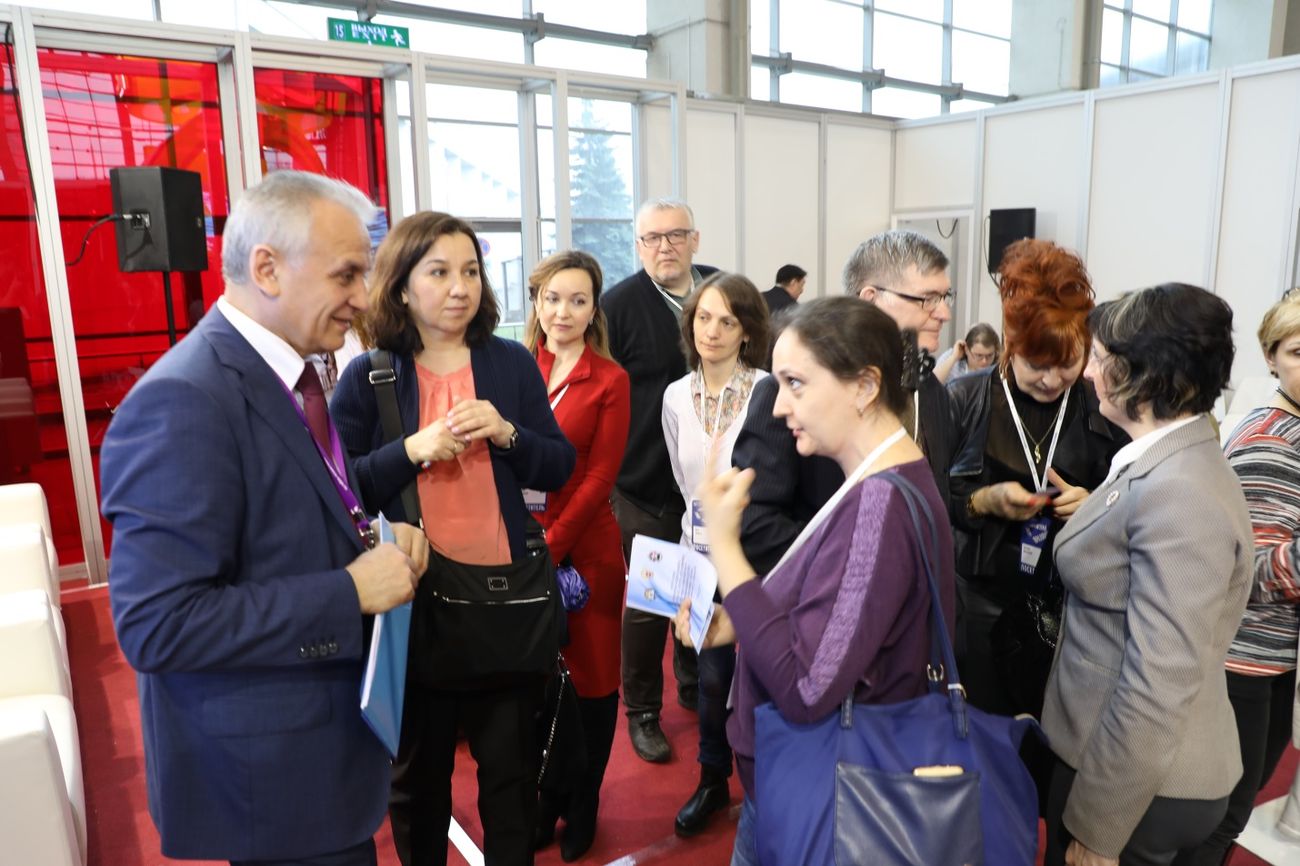
The opening of the Center took place in an atmosphere of goodwill, commitment, personal involvement, and responsibility.
All the employees of the University, including the Head of Postgraduate Department, Ph.D in Law, Associate Professor O.O. Oreshkina, and the deans of the faculties of Economics and Foreign Languages, Ph.D, Associate Professor S.N. Bogatyreva and Cand. Sc., Associate Professor L.V. Degteva, as well as student engagement specialists A.M. Urazova, M.V. Lotkov, and the students themselves, the members of the University’s volunteer movement took part in the event.
The Federal Resource Center for the comprehensive support system development for the children with MSD was a go!
An interesting, very responsible, extremely rich in events, but difficult work aimed at solving the problem of exercising the rights of physically handicapped people and persons with disabilities to a full and high-quality education, comprehensive development, and self-fulfillment awaits our university.

